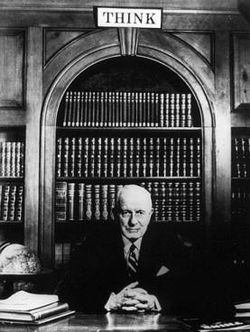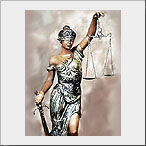 News that Groklaw will close May 16 ends one of the most bizarre chapters in the history of tech.
News that Groklaw will close May 16 ends one of the most bizarre chapters in the history of tech.
In explaining the move founder Pamela Jones said she told everyone from the start her suit was about the SCO vs. IBM case, and now that SCO is dead it's time to move on.
Remember that when I started Groklaw, I had no intention to create something as huge as Groklaw became. I really was just trying to learn how to blog. When all of you showed up, I saw what we could accomplish together, and we did. But to do it, I had to set aside a lot of things that are important to me too. I'd like to go back to being nobody, just living a normal life again.
I kept going all these years because when SCO attacked in the media and in the courtrooms, there was nobody to do what we did. Only the community could have answered SCO, technically, because you guys lived the history of UNIX and Linux and you knew what they were saying was not true. So we spoke up and explained over and over until everyone understood.
Of course, Pamela Jones always was nobody and some suspected from the start that was deliberate.
 An unknown paralegal from Westchester is able to analyze all kinds of court documents, in minute detail, almost as soon as they're released? Able to moderate thousands of messages per day and keep the debate on course? And it's all about the principle of the thing, I mean, no one ever paid her anything to give years of her life to this? Then she's going to ride off into the sunset? Shane, come back!
An unknown paralegal from Westchester is able to analyze all kinds of court documents, in minute detail, almost as soon as they're released? Able to moderate thousands of messages per day and keep the debate on course? And it's all about the principle of the thing, I mean, no one ever paid her anything to give years of her life to this? Then she's going to ride off into the sunset? Shane, come back!
The charge made against Groklaw is that PJ, as she preferred to be known, was an IBM plant, a fiction created by their legal department to make sure the company's story got out. There was a risk that writers would see SCO as the little guy and IBM as the bully in this, and that couldn't happen.
Because this case mattered more than anyone admitted.
If the base of all software was subject to a gold rush process – first one to the patent office rules for all time – then IBM's lost of control to Microsoft would become permanent, and the open source process would be illegal. Tech markets move too fast for the legal process to control. If it did, countries that flouted the rule of law (China) would have no motive to change, and nothing to hold them back, just as America was able to flout international conventions on patent and copyright for a century.
So the issues mattered. The cost of setting up something like Groklaw, and hiding someone like Jones, would be minimal, compared to the benefit. The conspiracy theory made perfect sense.

Point is PJ really was doing “god's work,” regardless of how she was funded or who she was working with. It's important for us to be able to discuss, dispassionately and with some evidence, the important legal issues underlying technology. There are still issues, and cases, where the principles in SCO vs. IBM still threaten innovation (think Android), the copyright wars still rage, and an informed debate is essential.
Without Groklaw there is a void in the market. It's an opportunity for someone else to come in and moderate a good debate at the intersection of law, technology and business. PJ says she won't do it.
Someone else needs to.









